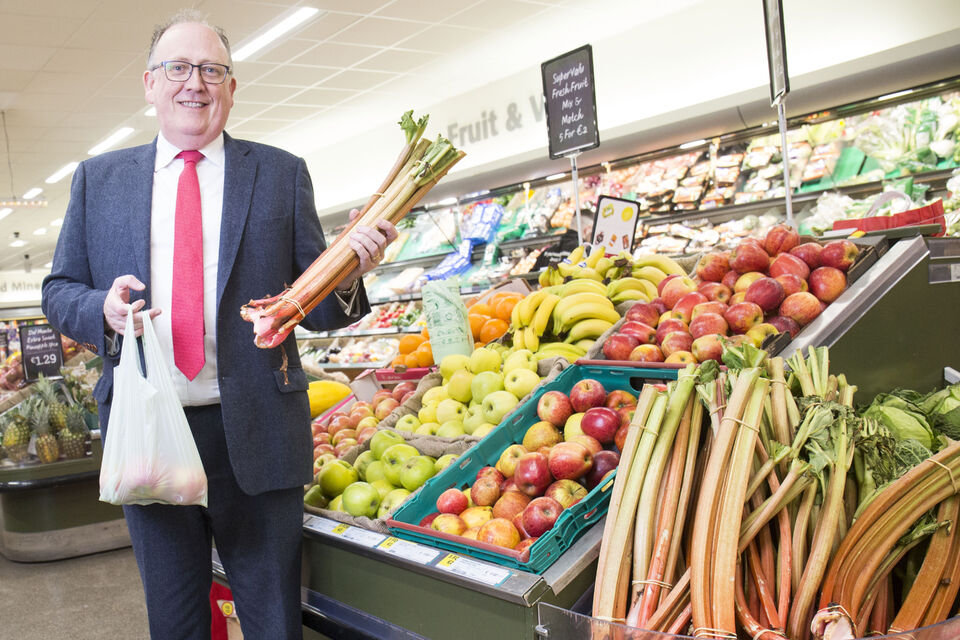SuperValu Becomes Ireland’s First Grocery Retailer To Introduce Compostable Produce Bags

SuperValu Becomes Ireland’s First Grocery Retailer To Introduce Compostable Produce Bags
Initiative forms part of pledge to make 100% of SuperValu Own Brand and Fresh Produce Packaging Recyclable, Reusable or Compostable by 2025
19 April, 2018 – SuperValu has today announced that it is the first retailer in Ireland to introduce fully compostable and biodegradable produce bags for use by customers in initially 70 of its stores. This is part of a broader strategy to reduce packaging and make 100% of its Own Brand and fresh produce packaging become recyclable, reusable or compostable by 2025.
SuperValu is committed to minimising the use of plastic by eliminating, reducing and replacing conventional plastics. The approach considers the most sustainable options to reduce plastic, protect the safety and quality of food and to prevent food waste. The retailer is also working in partnership with stores to raise awareness amongst colleagues and consumers of how to shop the store in a more sustainable way.
The compostable produce bags are designed to replace the use of plastic bags within the fruit and veg section with customers using the bags to purchase loose produce. The compostable produce bags are currently being trialled in around 70 SuperValu stores with a view to making them available across the entire store network.
The free-of-charge compostable produce bags are designed to be breathable to help preserve fruit and veg placed into the bag. They can also be filled with food waste after use and placed in the brown bin for compostable disposal.
Commenting on the rollout of fully compostable and biodegradable produce bags, Martin Kelleher, Managing Director of SuperValu, said, “The introduction of compostable produce bags is an important step for SuperValu as part of an overall commitment to reduce the use of plastics across our supply chain and is part of our broader sustainability strategy to leave a positive impact on the communities that we operate in every day. We recognise that this is an important issue for our consumers and for the health of the planet.”

